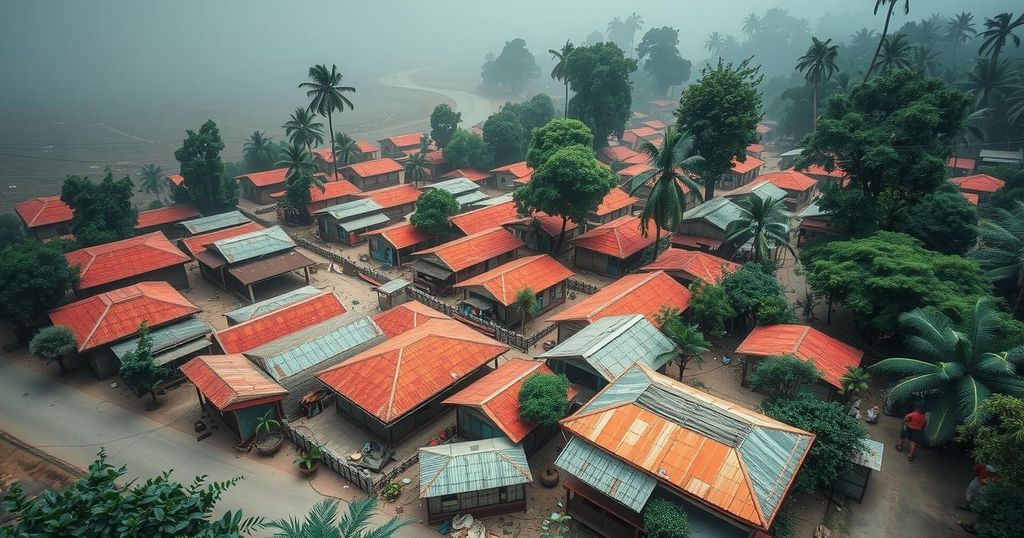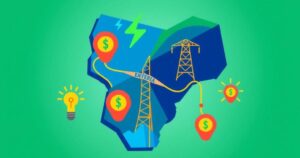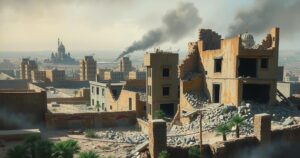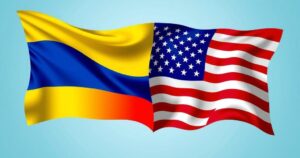Understanding the Ongoing Conflict in the Democratic Republic of Congo

The Democratic Republic of Congo is embroiled in conflict due to a combination of post-colonial power struggles, ethnic tensions, resource exploitation, and weakness in governance. Since gaining independence in 1960, the country has faced numerous armed group conflicts, particularly in its eastern regions. Contributing factors include a turbulent colonial legacy, foreign interventions, and persistent human rights violations, which have led to a humanitarian crisis affecting millions.
The Democratic Republic of Congo (DRC) has faced a protracted crisis that traces its roots back to post-colonial power struggles following its independence from Belgium in 1960. The ongoing conflict, particularly pronounced in the eastern regions since the 1990s, is characterized by a multitude of active armed groups, rising ethnic tensions, and fierce competition over the DRC’s rich natural resources. Factors contributing to this unrest include poor governance, an exploitative colonial legacy, deep-rooted ethnic divisions, foreign intervention, and pervasive impunity for human rights violations.
The colonial history, especially the practices imposed by European powers, established arbitrary borders that often united rival ethnic groups, fostering longstanding hostilities. The wealth of natural resources within the DRC, such as coltan and gold, has also exacerbated conflicts, as various groups vie for control over these assets. Furthermore, the DRC has witnessed the detrimental effects of weak governance, especially following Mobutu Sese Seko’s long corrupt reign, which laid the groundwork for ongoing unrest and inhibited effective state governance.
Rwanda and Uganda’s involvement in the DRC’s series of conflicts post-genocide in 1994 has significantly complicating the situation. These foreign interventions have frequently intensified internal divisions, leading to extensive humanitarian crises. The resulting warfare has led to millions of casualties, exacerbating issues of mass displacement and prevalent sexual violence, particularly against women and children. As of now, over 7 million individuals are internally displaced, with dire consequences for their access to food, healthcare, and education, despite the DRC’s rich resource wealth.
To ameliorate this crisis, vital steps must be taken that involve justice and accountability for perpetrators of violence, enhanced humanitarian assistance, and empowerment of civil society within the DRC. Recognizing the historical grievances and ensuring victims receive the justice and reparations they deserve are critical for breaking the cycle of violence and moving towards a more stable future for the nation.
The crisis in the Democratic Republic of Congo has evolved through a complex interplay of factors rooted in history, politics, and resource distribution. Beginning with colonial rule, where the arbitrary imposition of borders fostered ethnic rivalry, the trajectory of violence and instability has been maintained by post-colonial governance failures, ethnic conflicts, the struggle over natural resources, and interventions from neighboring countries. The ongoing conflicts are a continuation of historical grievances exacerbated by weak state structures and exploitation by armed groups.
In conclusion, the Democratic Republic of Congo’s enduring conflict stems from a mixture of historical injustices, ethnic divisions, resource exploitation, and ineffective governance. To address these challenges and promote peace, it is essential to focus on justice for victims, humanitarian support, and the empowerment of local civil society. Only through such comprehensive strategies can the DRC hope to break free from its cycle of violence and foster stability for its citizens.
Original Source: www.amnesty.org








